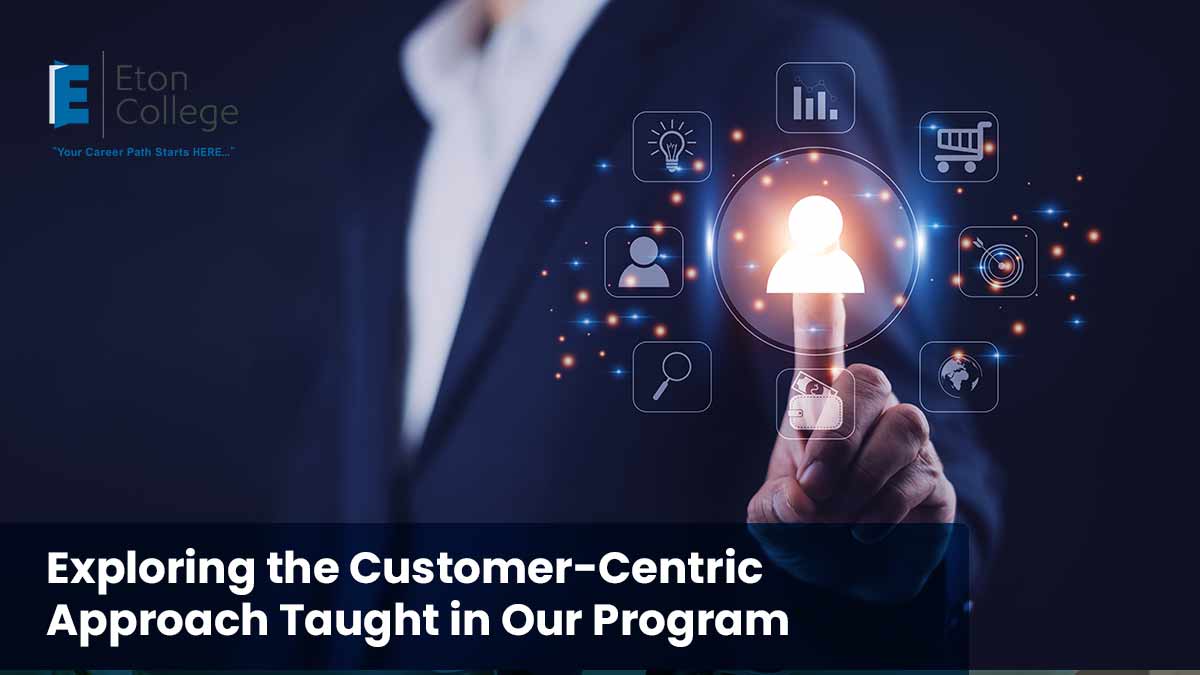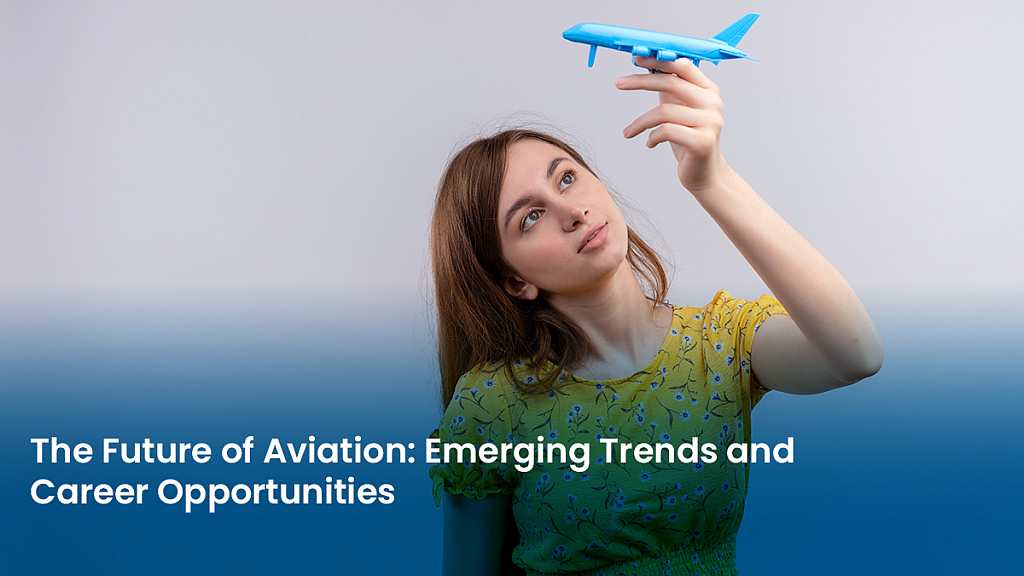- Eton College’s Flight Attendant Preparation Program (FAPP) emphasizes the importance of exceptional customer service for cabin crew, equipping students with vital interpersonal skills.
- Role-playing and mock flight simulations prepare students for real-life in-flight situations, ensuring they are job-ready.
- The program trains students to navigate diverse cultural backgrounds, ensuring personalized and inclusive service for all passengers.
- By fostering emotional intelligence, students learn to handle stressful situations and build strong passenger rapport effectively.
- Training incorporates safety protocols alongside customer service to ensure passengers’ comfort and well-being.
The aviation industry relies on excellent customer service, and cabin crew is essential in defining customers’ in-flight experiences. At Eton College, our Flight Attendant Preparation Program (FAPP) is designed to give prospective flight attendants the skills and knowledge required to offer excellent customer service to cabin crew.
This blog delves into the customer-centric approach we promote in our flight attendant program and addresses some frequently asked topics to help potential students.
Why Customer Service Matters in Aviation
In an industry where people remember their experiences rather than their destinations, great customer service distinguishes airlines. The cabin crew is the airline’s face, responsible for making the experience pleasant and safe.
Students in Eton College’s Flight Attendant Preparation Program obtain a competitive advantage in the aviation employment market by learning cabin crew customer service skills.
A Customer-Centric Curriculum: What Sets Us Apart
Our Flight Attendant Preparation Program is rooted in the belief that exceptional customer service is not merely a skill but an art that can be cultivated. Here’s how we integrate customer-centric principles into our training:
- Practical Scenarios: Students engage in role-playing exercises to handle various in-flight situations, from managing irate passengers to assisting with special needs.
- Cultural Sensitivity Training: Understanding diverse cultures is key to providing personalized service.
- Practical Communication Skills: Training includes mastering verbal and non-verbal communication to create a welcoming atmosphere.
- Conflict Resolution: Trainees learn to de-escalate tense situations calmly and professionally.
- Team Collaboration: Emphasizing teamwork ensures seamless operations and superior passenger experiences.
Developing Emotional Intelligence in Cabin Crew
Emotional intelligence (EI) is an often overlooked but critical aspect of customer service for cabin crew. At Eton College, we integrate EI development into our curriculum to ensure graduates are equipped to handle the emotional demands of the job.
- Understanding Passenger Emotions: Cabin crew frequently encounter passengers who may be nervous, frustrated, or overwhelmed. By recognizing these emotions, crew members can respond appropriately to create a sense of comfort.
- Stress Management: Flight attendants operate in high-pressure environments. EI training helps students manage their stress levels while maintaining professionalism.
- Building Rapport: Students learn techniques to develop positive relationships with passengers, fostering trust and satisfaction.
- Empathy in Action: Through role-playing exercises, students practice putting themselves in passengers’ shoes to better understand and address their needs.
- Feedback Processing: EI training teaches students to accept and act on constructive feedback, ensuring continuous improvement.
Our flight attendant program fosters emotional intelligence, ensuring that graduates are skilled professionals and compassionate individuals who excel in their roles.
Building a Bright Future in Aviation
By focusing on a customer-centric approach, Eton College ensures that graduates are job-ready and industry leaders. Whether calming a nervous flyer or assisting during emergencies, our students are prepared to create memorable passenger experiences.
Our Flight Attendant Preparation Program offers the perfect launchpad for those with a passion for travel, hospitality, and service. Explore the possibilities of a career that takes you to new heights while making a difference in passengers’ journeys.
FAQs
1. What is customer service for cabin crew, and why is it important?
Customer service for cabin crew refers to meeting and exceeding passengers’ expectations during a flight. It includes everything from offering a warm welcome to ensuring safety and comfort. Exceptional customer service enhances passenger satisfaction and reinforces the airline’s reputation.
2. How does teamwork play a role in providing excellent customer service for cabin crew?
Teamwork is critical in delivering seamless service. Our program trains students to collaborate effectively with fellow crew members, ensuring passengers receive consistent and high-quality care.
3. Is there a focus on safety in the customer-centric training?
Yes. Safety and customer service go hand in hand. Students learn how to handle emergencies, provide first aid, and ensure passenger safety while maintaining a calm and reassuring demeanor.
4. What career opportunities does the program offer after graduation?
Graduates are equipped to pursue careers as flight attendants, in-flight service managers, and cabin crew trainers. The skills gained in customer service are also transferable to other roles in hospitality and tourism.
5. Can this program help me handle difficult passengers?
Absolutely. Our curriculum includes conflict resolution and de-escalation techniques, teaching you to manage challenging situations professionally and with poise.




